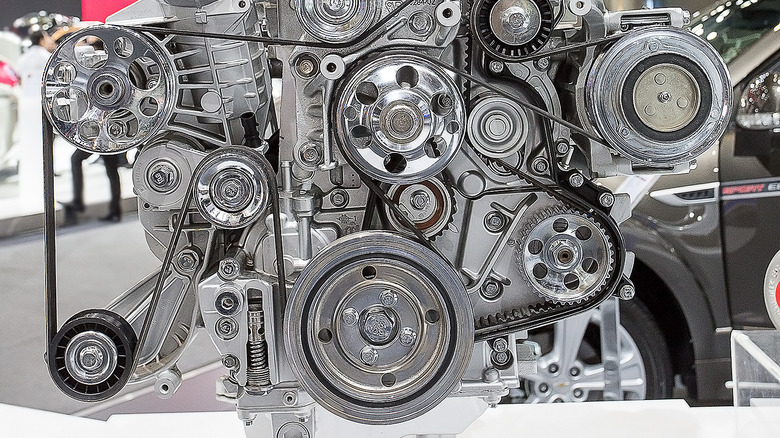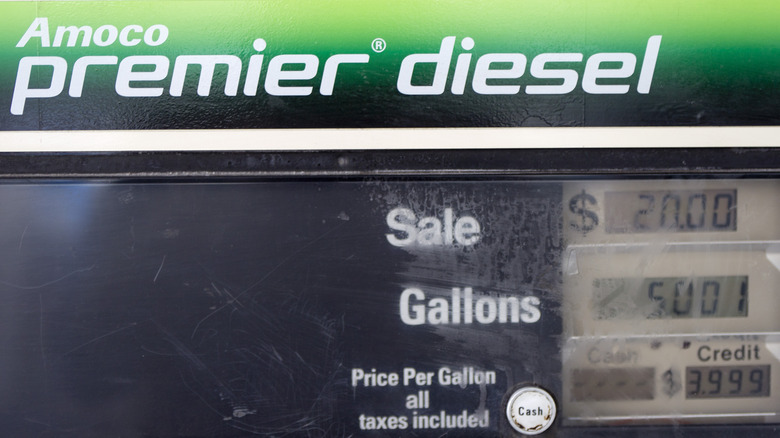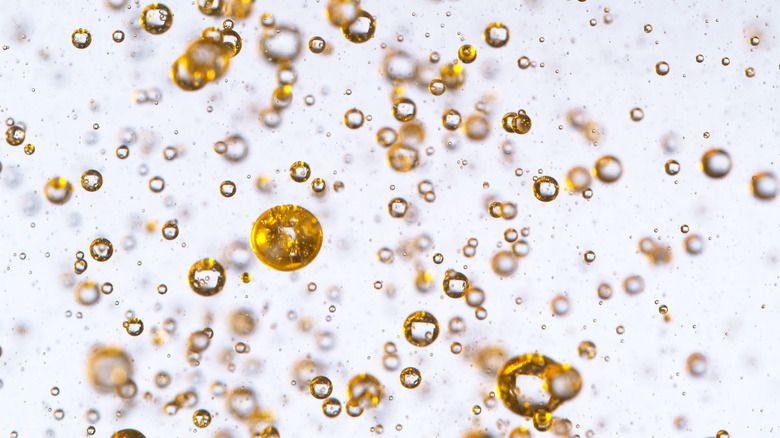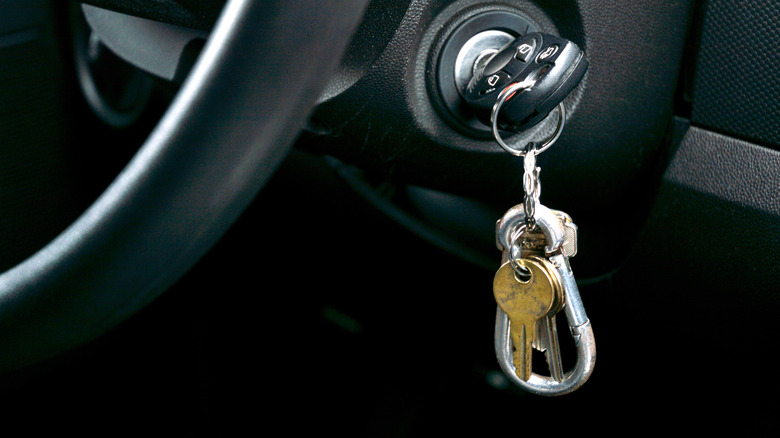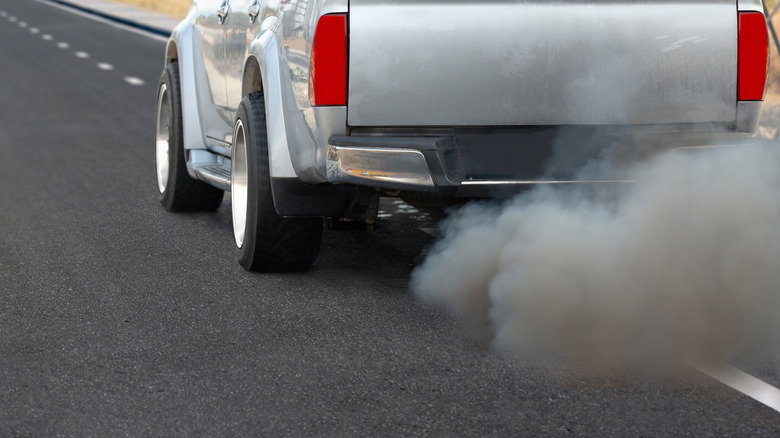5 Common Problems That Diesel Engine Owners Face
The diesel engine was invented in the 1890s and has been in use in commercial vehicles and passenger cars for over a century. Diesel engines remain popular for their reliability and fuel economy, particularly with gasoline prices rising.The advantage in fuel economy over gasoline comes from the difference in density between the two fuels. Diesel is thicker than gas, and thus is able to produce as much as 20 to 35% more energy per gallon. Instead of using spark plugs to ignite the fuel/air mixture, diesel engines rely on heat generated by the pistons compressing the air inside the engine cylinders to combust the fuel.
Diesel fuel also acts as a lubricant inside the engine, and, as such, diesel engines are known for their durability. One Mercedes 240D logged nearly 3 million miles as a taxi in Greece before being donated to the Mercedes museum. Diesel engines do have shortcomings and necessary added considerations, however. Let's take a look at the five most common issues that diesel engine owners might confront over the life of their vehicle.
Contaminated fuel
Diesel's main advantage over gasoline also contributes heavily to one of its primary drawbacks. The added density makes diesel fuel more susceptible to contamination from elements such as glycol, soot, or moisture. These foreign substances can not only rob diesel fuel of its combustion efficiency, but they can ultimately do damage to an engine's internal components.
While an effective fuel filter can help remove many of these contaminants, no filter traps 100%, and filters lose their effectiveness over time. Changing your fuel filter frequently will help minimize the damage from fuel contamination and help keep your diesel engine running at its peak level of performance.
Diesel fuel is also subject to microbial contamination, something that suppliers have to address in storage facilities and during transportation. Bodiesel fuel is particularly prone to this type of contamination, but the introduction of moisture into improperly sealed tanks can also lead to microbial growth.
Oil oxidation
Another big potential problem for diesel engine owners is oil oxidation. Air bubbles can form in engine oil when the engine goes unused for an extended period of time. The air bubbles rob the oil of its viscosity and make it too thick to properly lubricate the motor.
This problem has been seen in Mercedes-Benz, Volkswagen, and Ford diesel engines. Oil oxidation can be avoided by starting your vehicle frequently and running the engine for a few minutes, even if you don't need to drive it. If your vehicle has gone unused for a long period of time, it's a good idea to change the oil before trying to start the engine again.
It's certainly better to incur the precautionary expense of a few quarts of engine oil and a new filter than have to rebuild or replace your engine. Just be sure to consult your vehicle's owners manual to identify the correct oil for your engine, as diesel engines require heavier oil than gas engines.
Hard starting
Diesel engines can sometimes be a little bit stubborn when it comes time to start, particularly when the weather is cold or the vehicle has sat for an extended period of time. Often this is due to a glow plug issue, but diesel engines also need to crank for a bit to generate enough heat to combust the fuel before they will begin to run.
Other issues can also contribute to hard starting, for example a loss of engine compression. This can occur if there's damage to your engine's cylinders, a leaky cylinder head gasket, worn, destroyed, or carbon-fouled piston rings, or a damaged or obstructed valve system.
Hard starting can also be a result of your fuel gelling during cold weather, a clogged fuel filter or fuel injectors, or a problem with the electrical system like a weak battery, faulty starter motor or solenoid, or a wiring issue such as a short-circuit or a loose connection.
Noise
Even a properly maintained diesel engine in good running condition will make more noise than its gasoline counterpart. When a diesel motor starts to break down, it will get even louder. Diesel engines are louder than gasoline engines for several reasons.
First of all, diesels require a higher compression ratio than gasoline engines; as much as 15 or 18:1 versus about 10:1 for gas engines, according to Learn Diesels. Many of a diesel engine's loudest components also sit above the cylinder head where their noise can be heard more clearly. On many of these engines the parts include valves, rockers, injectors, and pushrods. The weight of a diesel engine's internal components, the gap between them and the cylinder walls, and the amount of compression these components are holding back all contribute to the symphony of a diesel engine.
In the case of larger trucks equipped with air brakes, often an engine-mounted air compressor adds to the noise. Many diesel engines are also gear timed — this type of mechanism generates more noise than the belt or chain timing systems found on most gasoline engines.
Black exhaust
Black smoke coming from the exhaust pipes of commercial tractor-trailers is a common sight, but seeing the sooty smoke from passenger diesel vehicles is usually a sign that something is wrong. Diesel engines can put out some degree of smoky emissions, but an excess of dark exhaust is an indication that the fuel and air mixture is too rich. It can also be a sign of more serious issues with your engine, like a faulty exhaust gas recirculation valve, bad turbocharger or injector pump, or clogged air filter.
You may also have a clogged fuel injector, in which case simply adding a bottle of fuel injector cleaner might clear up the problem.
Black smoke in your exhaust can also be a sign of incorrectly set timing, a faulty injector or problem with valve settings, or a compression issue from one of the causes mentioned above. This should be addressed promptly, as any of these issues could result in a failed emissions test.
